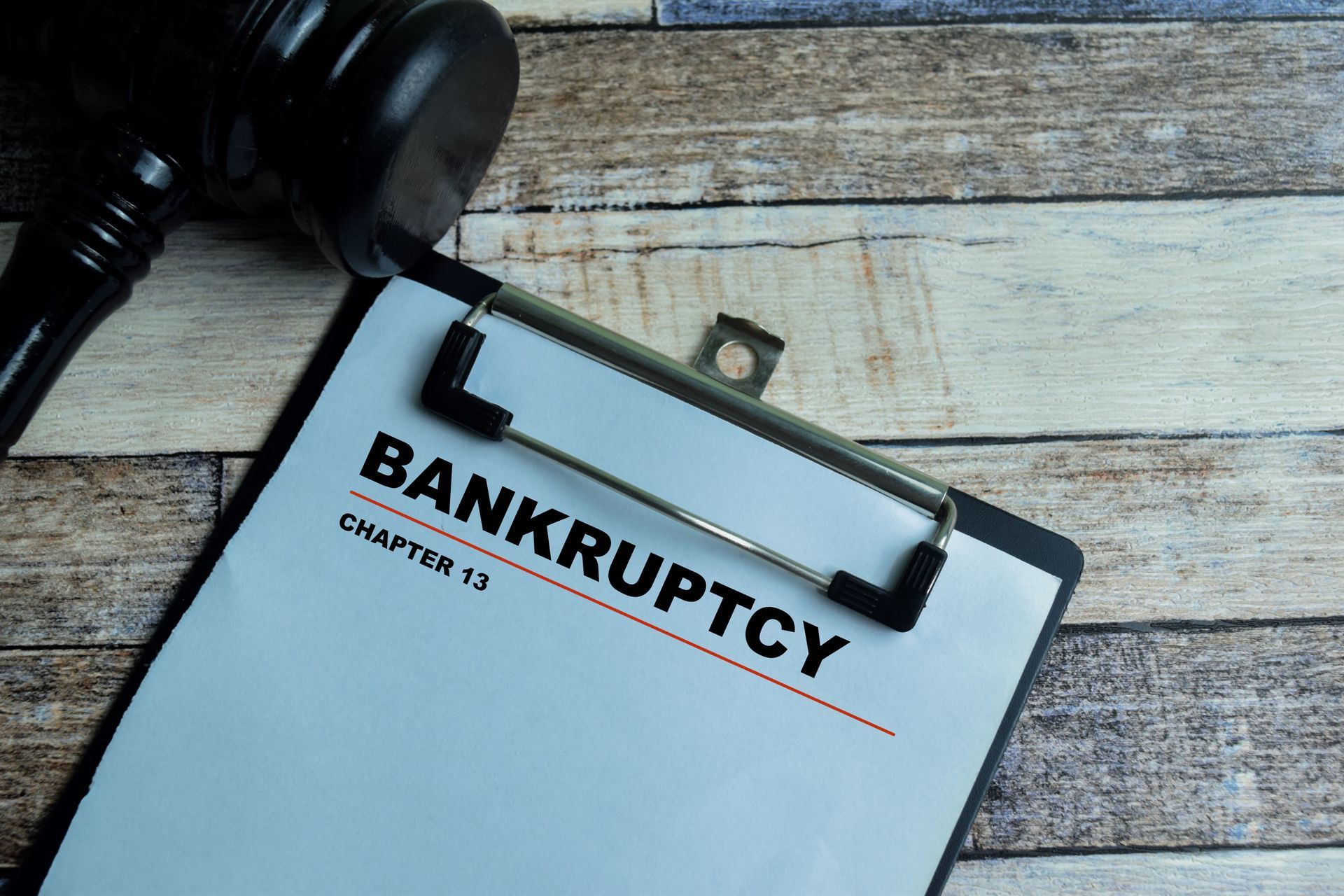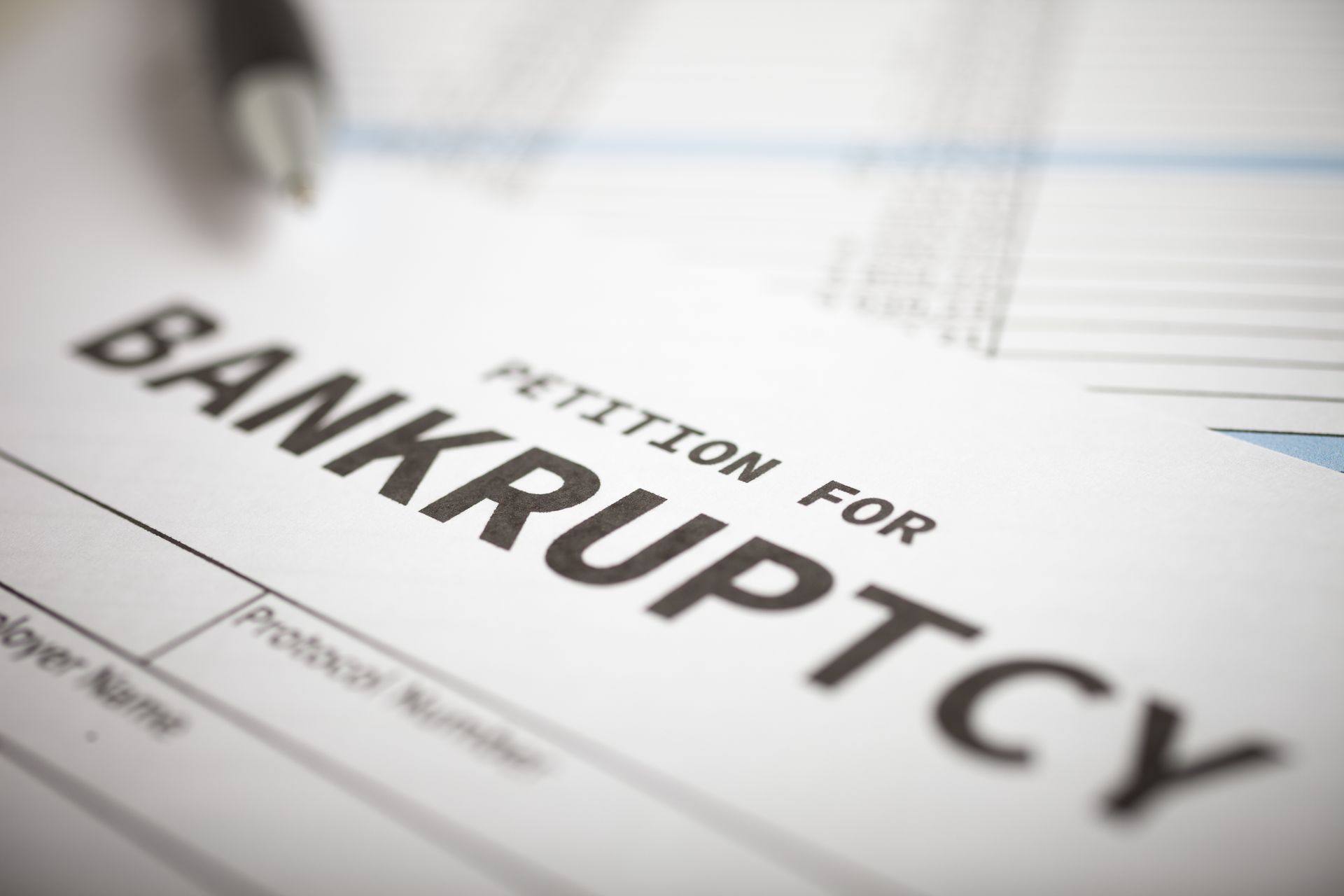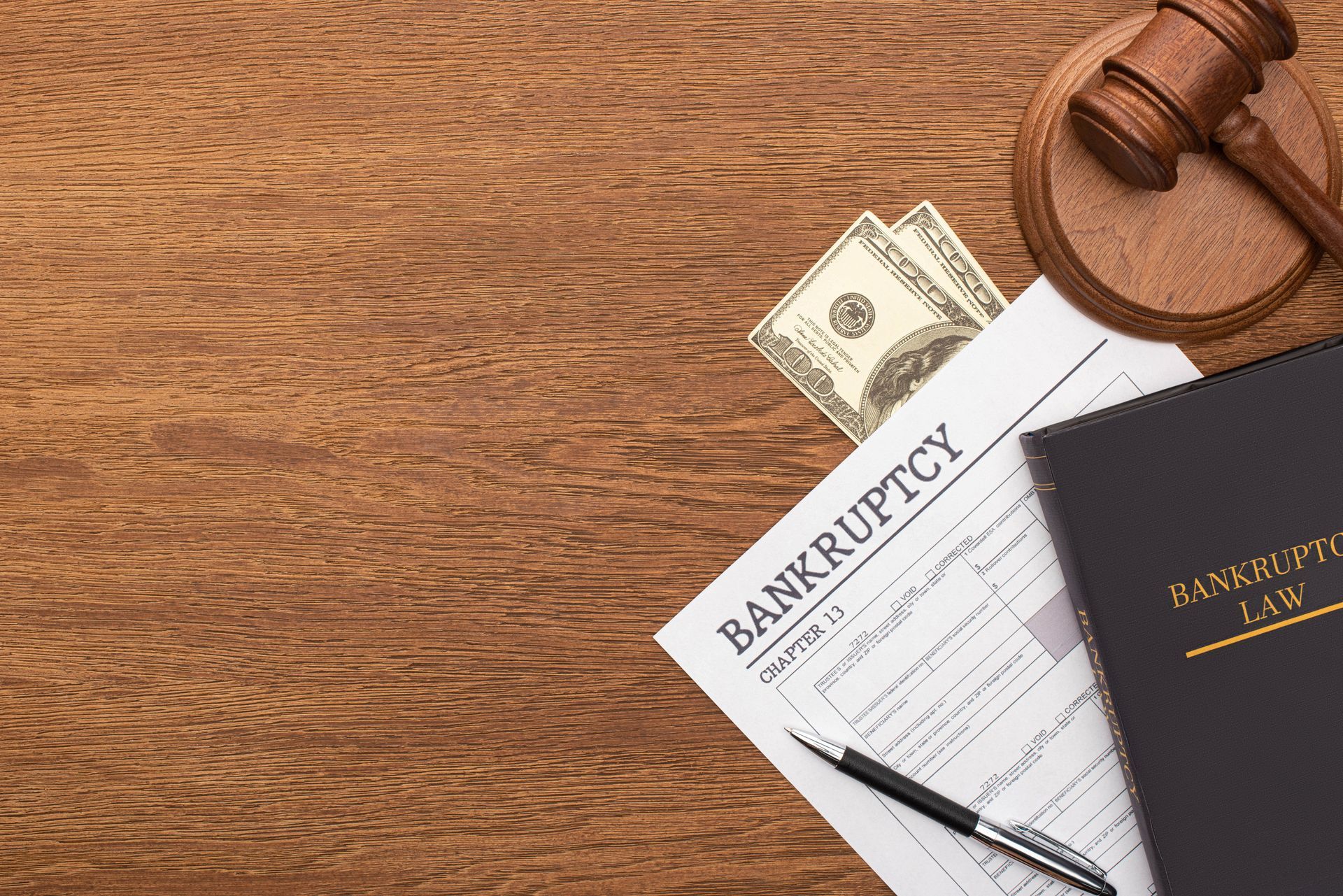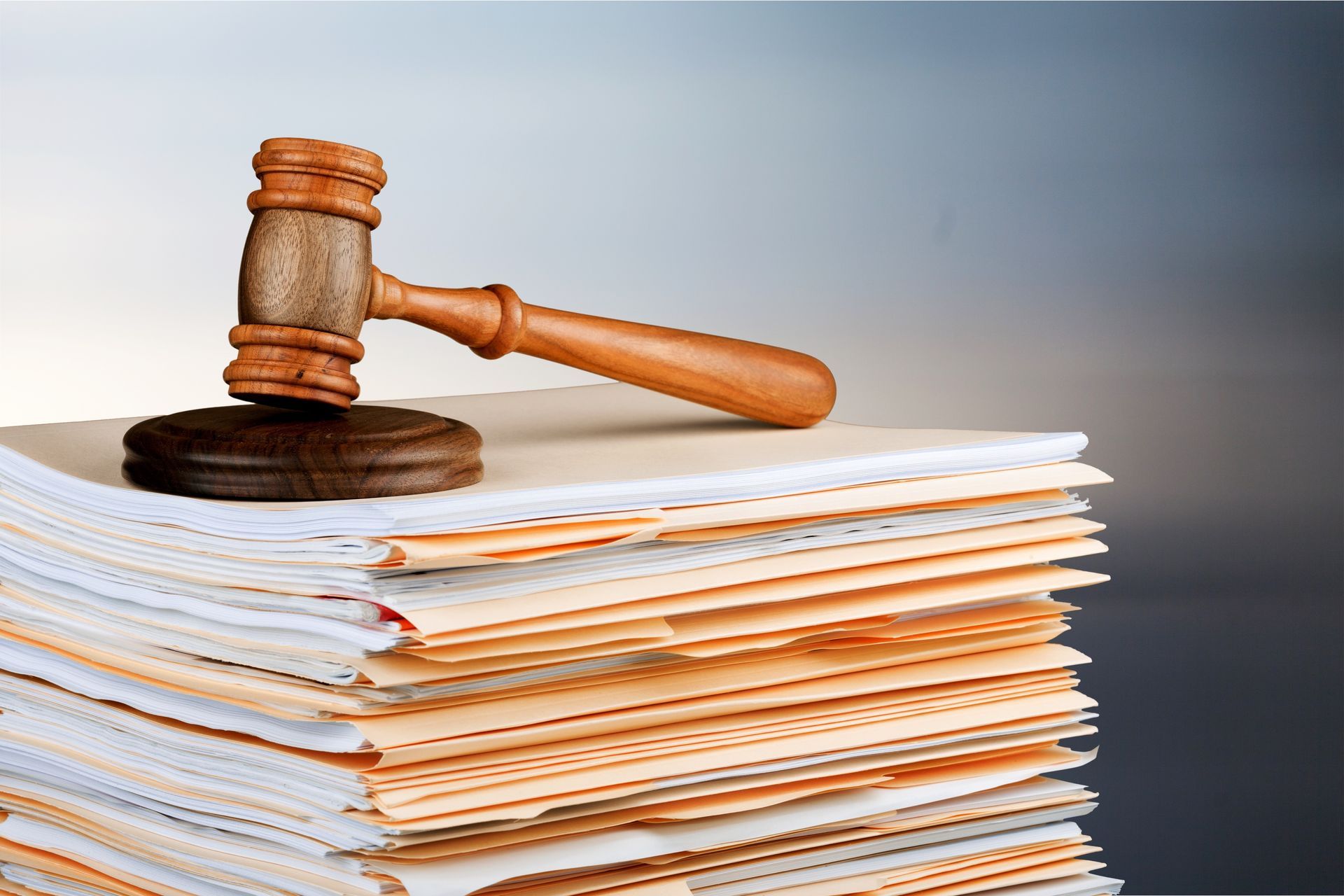Wipe Out Debt and Start Fresh: What You Should Know About Chapter 7 Bankruptcy
Wipe Out Debt and Start Fresh: What You Should Know About Chapter 7 Bankruptcy
When debt begins to pile up and you're constantly dodging creditor calls, wage garnishments, or threats of legal action, it can feel like there's no end in sight. For many people in Arkansas, filing for Chapter 7 bankruptcy offers a legal and lasting way to reset their financial future.
What Is Chapter 7 Bankruptcy and Who Is It For?
Chapter 7 is designed for individuals and families who are overwhelmed by unsecured debts like credit card balances, payday loans, medical bills, and personal loans. This type of bankruptcy eliminates qualifying debt entirely, offering a clean financial slate. It’s often a suitable path for those with limited income and few assets who need fast relief from mounting obligations.
Filing triggers an automatic stay, which immediately halts lawsuits, foreclosures, garnishments, and collection calls. This gives you breathing room to focus on rebuilding rather than surviving day to day under the weight of constant financial pressure.
Do You Have to Give Up Everything?
Not at all. In most Chapter 7 cases, people are able to keep their home, car, and personal belongings—so long as they remain current on payments and meet exemption rules. The goal isn’t to take everything away; it’s to allow you a fresh start without unnecessary sacrifice. Arkansas has property exemptions that often protect your home, vehicle, and retirement accounts during the process.
What Debts Aren’t Discharged?
While Chapter 7 clears most unsecured debts, there are some exceptions. You’ll still be responsible for:
- Child support and alimony
- Certain tax debts
- Student loans (in most cases)
- Court-ordered restitution or fines
However, eliminating credit cards, medical bills, and other eligible debt can free up income to better manage these remaining responsibilities.
What’s Required to File?
To qualify, you’ll need to pass a means test, which compares your income to the median income in Arkansas. If your income is too high, you may be directed toward a different type of bankruptcy, like Chapter 13. You’ll also need to complete credit counseling from an approved agency and submit detailed paperwork outlining your assets, debts, income, and expenses.
Filing can be complex, and mistakes can delay or derail your case. That’s why working with a knowledgeable bankruptcy attorney is so important—they’ll help you meet the requirements, file the correct forms, and represent you in court when needed.
Ready to Take the First Step?
You don’t have to live under the stress of overwhelming debt. Whether you're facing garnishments or just struggling to make ends meet, Chapter 7 bankruptcy could be the solution that gets you back on your feet. At Carl W. Hopkins, PA, we’re here to guide you through every step of the process and help you move toward lasting financial stability.

